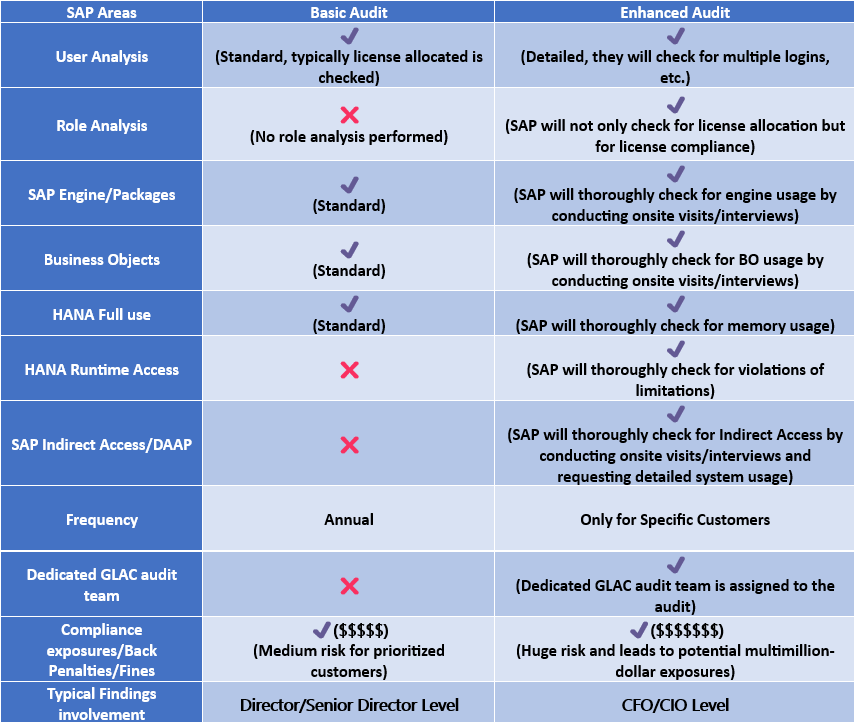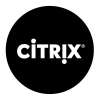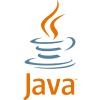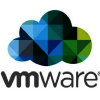Blogs Menu
- Microsoft Shakes Up Enterprise Agreements: Volume Waterfall Discounts Removed—Here’s How to Fight Back Against Rising Costs
- RISE with SAP Demystified: Costs, Contracts, BOM, Key Features, Limitations and Key Considerations
- What is ServiceNow Software Asset Management Professional (SAMPro), and What is the Difference Between Foundation and Pro/Enterprise?
- Mastering Oracle ULAs: Dispelling Myths and Managing Certification Successfully in 2026
- VMware's Drastic Switch From Processor to Core Licensing 2026: Potential for a 5X-40X Surge in Your VMware Software spend
- Broadcom Shakes the Ground Under VMware Customers: Comprehensive Guide to New VMware Licensing, Packaging, Reseller Changes in 2026
- 2026 Expert Guide to Oracle VirtualBox Licensing: Navigating Free and Paid Editions for Businesses and Effectively Addressing Oracle Sales Inquiries
- Understanding Licensing and Cost Shift from SAP Solution Manager (SolMan) to Cloud ALM (CALM)
- Demystifying IBM Cloud Pak and premier on Cloud PAK Licensing in 2026
- Comprehensive Guide to SAP Indirect Access and How to measure Digital Access in 2026
- Oracle Java Licensing Changes in 2026: Navigating the Costly New Terrain of Java Employee Universal Subscription
- Oracle's Java Licensing Changes 2026: Optimizing Java Without Cutting a Check to Oracle
- SAP Enhanced Vs SAP Basic Software Licensing Audit
- Comprehensive Guide to Choosing the Perfect SAP HANA License for Your Business
- Decoding SAP FUE: A Comprehensive Guide to Full Usage Equivalents
- Unleash the Power of SAP Licensing: Top 5 Strategies for Substantial Savings
- Comprehensive list of Software Vendors and their Year End Dates
- Java - Think it is Free, Not Anymore!
Licensing Data Solutions - Blog
Navigating the SAP Licensing Audit Maze: Understanding Basic and Enhanced Software Licensing Audits
In the dynamic landscape of SAP licensing, maintaining compliance and ensuring licensing precision are paramount for organizations. The intricacies of SAP audits can be daunting; thus, understanding the various types of SAP audits becomes crucial. In this blog post, we will demystify this complex subject by delving into the two main types of SAP audits: the basic audit and the enhanced audit, along with their underlying mechanisms.
Introduction
The trend of organizations shifting towards the SAP HANA Database has gained considerable momentum in recent times. Nevertheless, during this transition, it's essential for customers to comprehend the intricacies of SAP's licensing policies, discern the different editions and their licensing constraints, and curtail the potential risks of licensing non-compliance associated with the use of the HANA Database. Of late, we've observed SAP and their auditing organization actively interacting with customers to verify HANA database licensing usage, placing emphasis on functionalities and restrictions. In this blog post, we aim to delve into the various SAP HANA editions and the optimization strategies at their disposal, empowering organizations to make choices that best align with their specific requirements.
What is SAP HANA Database?
Definition of SAP FUE
SAP Full Use Equivalent (FUE) is a unit of measurement utilized by SAP to grant licenses for its S/4 HANA Cloud applications. It signifies the permission given to users to access certain solution features within the S/4HANA Cloud. SAP FUE establishes a consistent framework for licensing, assuring that companies have the appropriate level of access for their users, tailored to their unique requirements. In today's context, gaining a solid understanding of FUE is essential as this is the favored metric for SAP, particularly with S/4 HANA.
Different Types of FUEs:
Brace yourselves because SAP has recently dropped a game-changer! SAP has officially announced a 3.3% support cost increase, catching many by surprise. With fluctuating economic scenarios, are you seeking intelligent ways to enhance your SAP investment efficiency? If so, the secret lies in effective SAP license management.
In this blog post, we'll unpack five powerful strategies to help you unlock the full potential of your SAP licenses while reducing superfluous costs. By adopting a strategic licensing approach, you can trim expenses by paying only for what you genuinely need.
You might not know that Java was created by Sun in 1991 and released as a free product with the promise of “Write once and run anywhere”. This resulted in Java being deployed on a multitude of devices like Servers, desktops, laptops, and mobile devices. Oracle purchased Sun in 2010 and then made Java fee based (any commercial use became fee-based) in Jan 2019. And any subsequent release of Java or any new patches to the old Java versions are now actually fee based.














